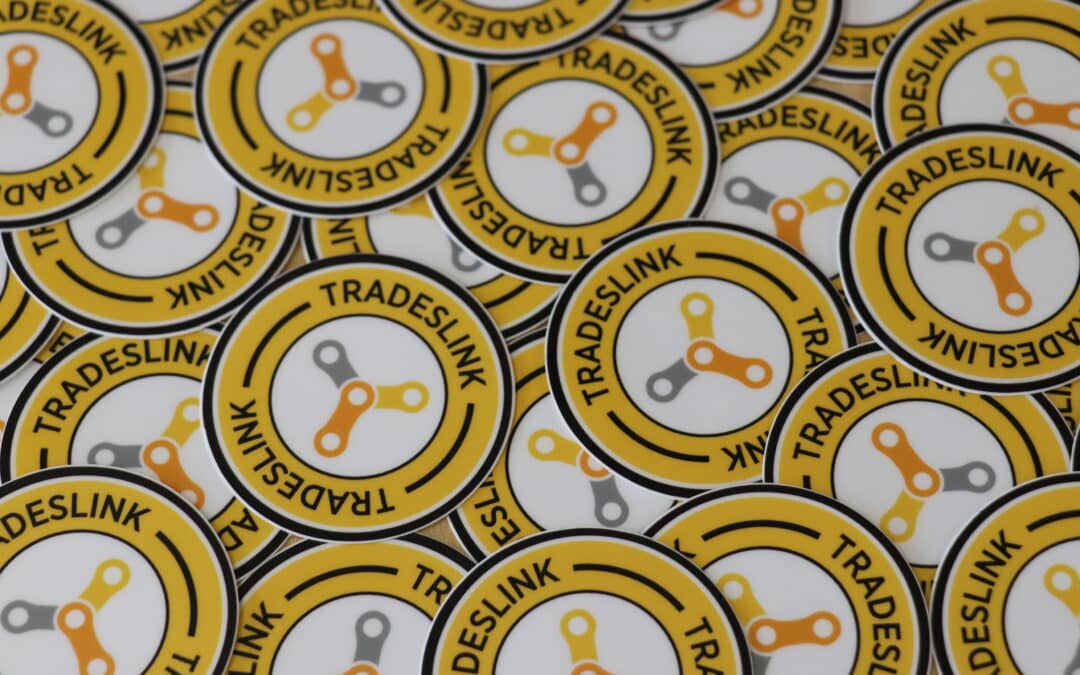A Comparative Analysis: TradesLink vs. Everyone Else
In today’s job market, finding the right job can be especially difficult for tradespeople with specialized skills. While general platforms like Indeed and ZipRecruiter are popular across industries, TradesLink offers a platform designed explicitly for trades professionals. Here’s how TradesLink compares to traditional job boards, and why it might be the better option for tradesworkers.
Industry-Specific Focus: TradesLink’s Key Strength
TradesLink:
TradesLink’s primary advantage is its exclusive focus on the trades industry. All job listings on the platform are tailored to skilled workers, ensuring users don’t have to sift through irrelevant postings. The platform also allows users to display essential certifications, licenses, and completed projects, giving employers a clear understanding of their qualifications.
Traditional Job Boards:
Platforms like Indeed and ZipRecruiter cater to a wide range of industries, but this broad focus means tradespeople must navigate numerous listings unrelated to their field. While these platforms do offer search functions, they aren’t as focused on the specific needs of the trades sector.
Advanced Filtering: Faster, Relevant Searches
TradesLink:
TradesLink provides advanced filtering options that allow users to search for jobs based on location, expertise, job title, and relevant certifications. This targeted filtering helps tradespeople quickly find jobs that align with their skills and preferences, making the job search faster and more effective.
Traditional Job Boards:
While general job boards also offer filters, they are often too broad for trades professionals. Users may find themselves scrolling through unrelated job posts, as the platforms lack the nuanced filtering needed for specific trades roles.
Personalized Job Recommendations: Tailored to Your Skills
TradesLink:
TradesLink uses the information in a user’s profile to offer personalized job recommendations. These suggestions are based on the user’s skills, experience, and certifications, helping them discover relevant roles they may not find through traditional searches.
Traditional Job Boards:
General platforms like Indeed also provide job recommendations, but these are often based on general algorithms that may not accurately capture the specific needs of tradespeople. As a result, the recommendations can be less relevant and lead to frustration.
Showcase Your Work: Letting Skills Shine
TradesLink:
TradesLink offers a “Showcase Work” feature, allowing users to upload photos, videos, and descriptions of their completed projects. This visual portfolio helps trades professionals display their craftsmanship and skills to potential employers, providing a significant edge in job applications.
Traditional Job Boards:
Most traditional job boards only offer space for resumes, without dedicated sections to display work visually. This limitation can make it harder for tradespeople to stand out, as traditional resumes don’t effectively showcase hands-on skills.
Job Management: Easy Tracking of Opportunities
TradesLink:
TradesLink makes it simple to save and organize job listings. Users can bookmark positions they’re interested in and manage their job search more efficiently. This feature helps tradespeople keep track of opportunities and revisit them when ready to apply.
Traditional Job Boards:
While traditional platforms like Indeed also offer options to save job listings, the interface and experience can vary. Some users may find the process of managing saved jobs less intuitive or efficient compared to TradesLink.
Networking and Community: Building Professional Connections
TradesLink:
In addition to job searches, TradesLink includes networking features that allow users to connect with one another and foster community within their industries. Through its “feed” and “crew” features, users can share tips, collaborate on projects, and build professional relationships, enhancing their career opportunities beyond job listings alone.
Traditional Job Boards:
Platforms like Indeed and ZipRecruiter focus strictly on job listings, with little room for community building or networking. These platforms offer limited options for tradespeople seeking to grow their professional network or engage with peers in the industry.
Limitations of Each Platform: Reach vs. Relevance
TradesLink:
Although TradesLink is highly specialized, its niche focus means it may have fewer job listings than larger, more general platforms. Additionally, the employer pool on TradesLink is smaller, and regional variations in demand may limit opportunities. However, the platform’s specialization ensures that the job listings are highly relevant to skilled tradespeople.
Traditional Job Boards:
The main limitation of traditional platforms is their broad scope, which makes it harder for tradespeople to find jobs specific to their field. While they offer a wide range of job listings and reach a larger audience, the lack of industry focus can make the job search process inefficient for trades professionals.
Conclusion: TradesLink Stands Out for Tradespeople
TradesLink provides a highly tailored job search experience that meets the specific needs of tradespeople. Its advanced filtering, personalized job recommendations, and unique Showcase Work feature make it easier for skilled workers to find relevant jobs and showcase their expertise. While traditional job boards like Indeed offer broader reach, they often lack the focus and precision for trades professionals to find the right opportunities.
TradesLink offers a more efficient and relevant job search platform for tradespeople looking to advance their careers. By focusing exclusively on the trades industry, TradesLink ensures that every job listing, connection, and opportunity align with the needs of skilled workers.

